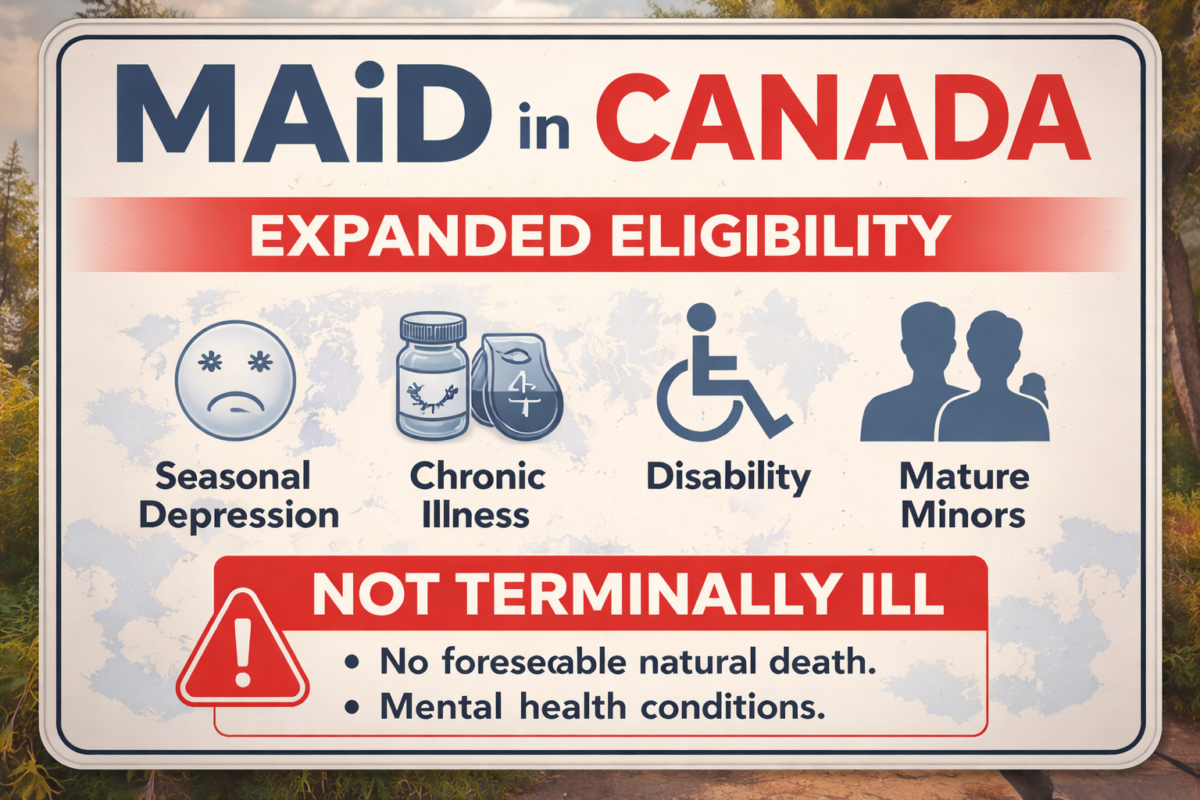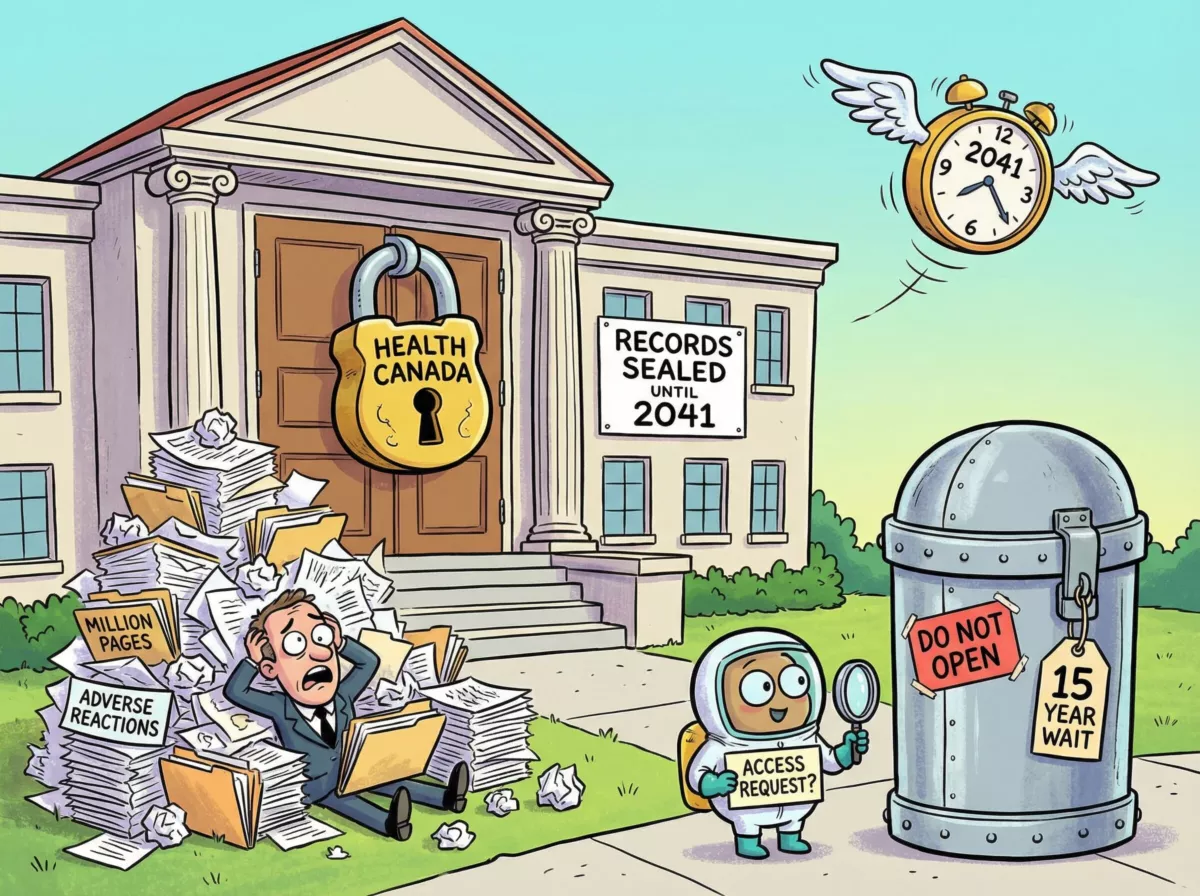Survey Finds Most U.S. Parents, Pregnant Women Reject CDC’s Vaccine Schedule
By Natasha Hobley | TheVaccineReaction.org
A survey from researchers at Emory University and the U.S. Centers for Disease Control and Prevention (CDC) found that only 35 to 40 percent of pregnant women and parents of young children in the United States intend to accept all government-recommended vaccines.
The survey was published as a research letter in the JAMA Network Open in mid-July. Researchers recruited 174 pregnant women and 1,765 parents from a nationally representative panel to answer questions about their intentions to have their child receive all recommended vaccines by age 18 months. Of those interviewed, 37.6 percent of pregnancies were first-time pregnancies, and about half of respondents held a college bachelor’s degree or higher.
Rejection of Vaccine Recommendations Since COVID Pandemic Response
Other data has affirmed similar findings that more individuals are questioning the safety, effectiveness and necessity of vaccines, presenting a notable shift in public opinion in the US, largely since the push for everyone to get mRNA COVID shots. One study found that in the 2022 to 2023 school year, nonmedical exemptions in the US reached a historic high, while other data showed lower flu vaccine uptake and more frequent conversations questioning vaccination.
Don’t lose touch with uncensored news! Join our mailing list today.
“Given the high decisional uncertainty during pregnancy about vaccinating children after birth, there may be value in intervening during pregnancy to proactively support families with childhood vaccination decisions,” the researchers behind the survey wrote.
The World Health Organization (WHO) calls vaccine hesitancy a significant global issue and one of the most pressing threats to public health. Researchers studying vaccine hesitancy state that the vaccine hesitancy “epidemic” is complex and fueled by misinformation, distrust in healthcare, cultural beliefs, and access barriers.
Department of Health and Human Resources Secretary Robert F. Kennedy recently removed members of the CDC’s Advisory Committee on Immunization Practices (ACIP) and appointed new members, creating work groups to review the federal childhood vaccine schedule, as well as to study vaccines that haven’t been fully scientifically evaluated.
Study Links Genetic Factors Raising Risks for Vaccine Reactions in Infants
A recent peer-reviewed study published in the International Journal of Medical Sciences validated some parents’ hesitancy to vaccinate. Researchers found that genetic variability in terms of how infants metabolize various vaccine ingredients may play a critical role in unexplained deaths of otherwise healthy infants after vaccination, whose deaths are often misclassified as being caused by sudden infant death syndrome (SIDS).
Authors of the study call for pharmacogenetic screening prior to infant vaccination to help identify those who may be at higher risk for sudden death after vaccination. The researchers conducted the study to better understand and highlight how underdeveloped liver enzymes in infants are immature, potentially impairing an infant’s ability to detoxify vaccine ingredients like aluminum, polysorbate 80 and formaldehyde. The researchers say that the underdeveloped liver function, along with inflammation triggered by vaccinations, could increase the risk of adverse outcomes in genetically or developmentally vulnerable infants.
A recent opinion piece from The Atlantic stated that doubts and concerns about vaccines were once largely fueled by friends and family or “unreliable” online information, but that now the doubt about vaccines “has the weight of the federal government behind it.”
Michigan pediatrician Molly O’Shea told The Atlantic author:
“Families have really been shaken in their confidence in what we’ve been telling them all this time. We’re already seeing in my practices a decrease in people taking vaccines on schedule.”
Behavioural Science Weaponized to Influence Vaccine Decisions
The answer to vaccine hesitancy for many health organizations and professionals is not to listen to patients’ concerns and respect their decisions or the informed consent process, but rather to use behavioural psychology to coerce and change their opinions, beliefs and behaviour.
The American Health Care Association website outlines the science of effecting behaviour change when having conversations about vaccines, instructing health care professionals on how to use the Transtheoretical Model of Behaviour Change framework to intervene in and manipulate the decision-making process.
“By tailoring messages and interventions to each individual’s stage [of decision making], you can improve vaccine uptake and support staff and residents throughout their vaccination journey,” the website states. “Remember that each conversation is an opportunity to build trust and empower individuals to make informed health decisions.”
Originally published with references at thevaccinereaction.org














